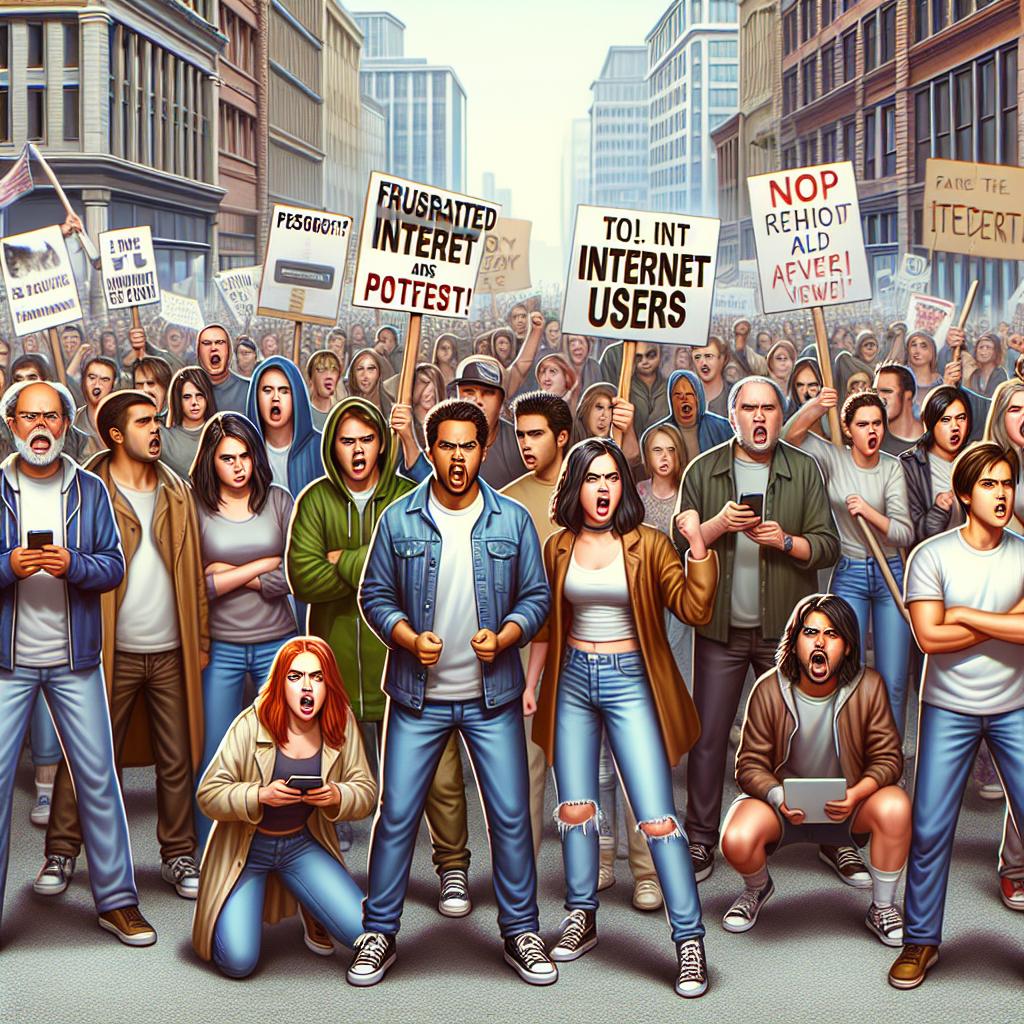Internet Users Denied Access to Popular Websites and Services
Limited Streaming, Reading, and Shopping Due to Geographical Restrictions
Across the world in many cities outside of the United States, internet users are reporting that they’re facing a common problem. Access to some popular U.S. websites and online services is becoming increasingly limited or even outright denied with an error message displayed – “Error 451: This website is unavailable in your location.” The phenomenon has attracted the attention of local media, IT experts, and government officials. Business owners and keen shoppers are growing restlessly impatient.
Since the dawn of the internet, the World Wide Web has been known as a place where information is shared freely and openly. However, these recent blockages are putting this “open access” concept to the test.
Broader Impact on Individual Users and Businesses
From streaming services, e-commerce sites, to online publications, numerous digital platforms are adopting geographically restrictive policies. This disruption is not only challenging individuals’ ability to freely access content but is also proving detrimental to businesses that count on a global audience for their growth.
Frustrated video streaming enthusiasts are being denied access to their favorite shows and movie premieres. College students studying abroad are finding difficulty accessing learning materials. Retail therapy seekers can’t even purchase overseas products they fancy. It’s a digital wall that’s dividing internet users, hindering the way they consume information, entertainment, and even restricts their online shopping habits.
“Error 451”
“Error 451: This website is unavailable in your location” is the way these blockages are being communicated to internet users. A digital equivalent to a door being closed on an eager customer, with not just a “Sorry we’re closed” sign but with a “Sorry, you’re in the wrong country” message.
From Confusion to Accusation
Many internet users were initially puzzled by this, not knowing why this error was occurring. Numerous theories were being shared and questioned. However, the reality thematically revolved around geo-blocking practices, imposed by digital platform operators based on the user’s geographical location. This sparked a discussion around digital accessibility, privacy, and data protection.
Debate over the morality and potential abuse of geo-blocking practices heated rapidly. “Are we witnessing a bout of digital discrimination?” growing voices among netizens ask.
Tech and Legal Perspectives
Geo-blocking, from a technical standpoint, is the method of restricting access to content based upon the user’s geographical location. However, its utilisation can also spark discussions about net neutrality, freedom of information, and privacy rights.
Legal professionals argue that geo-blocking practices could potentially violate net neutrality principles, which encourage equal access to content across the internet, regardless of users’ geographical contexts. On the other hand, businesses could justify their use of geo-blocking by citing content licensing agreements, jurisdictional legal differences, and regional content appropriateness.
Who Decides What’s Accessible?
As the internet grows more fragmented and access becomes more regulated, the questions for the future of digital connectivity roll in. “Who should be setting these digital boundaries?” and “Who should decide what content can be accessed from where?” are heated questions being asked by both ordinary internet users as well as those in IT, business, law, and politics sectors. For now, we can only watch as these digital borders develop and solidify before us.
In Conclusion…
In a digital era where the ability to connect to any information, anywhere, and anytime seemed to be the norm, it is challenging to adjust to new limitations. As each day we find more online doors closed, we can only hope that these “Error 451” roadblocks prompt the necessary discussion and action around digital access rights and freedoms across national borders.

